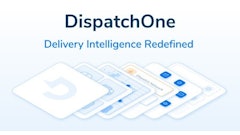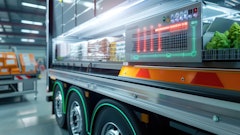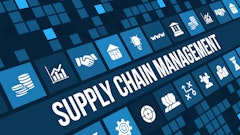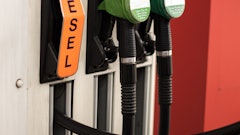
Blue Yonder's 2022 Consumer Sustainability Survey found insight that impacts the shipping industry, revealing 86% of consumers are willing to delay e-commerce orders for sustainability purposes if provided an incentive. Forty-four percent of those surveyed explained that their interest in sustainability grew throughout and after the Coronavirus (COVID-19) pandemic. In addition to longer delivery times, consumers are willing to pay more for sustainable packaging. According to the survey 64% are willing to and 81% say they recycle in-store and online shopping bags or boxes at least half of the time. Many even believe there should be a minimum amount for expedited shipping or shipping in general, with 40% believing so.
Per Businesswire:
- The survey found that more than three-quarters (86%) of consumers are willing to delay e-commerce deliveries for the sake of improving sustainability if given an incentive to do so. Of those respondents, 29% are willing to delay deliveries up to five days and 28% are willing to delay a week or more..
The survey also revealed that social media has influenced over half (52%) of consumers’ sustainable shopping frequency. Nearly half (45%) said they were slightly-to-moderately influenced and 7% said they were moderately-to-significantly influenced.

![Pros To Know 2026 [color]](https://img.sdcexec.com/mindful/acbm/workspaces/default/uploads/2025/08/prostoknow-2026-color.mduFvhpgMk.png?auto=format%2Ccompress&bg=fff&fill-color=fff&fit=fill&h=100&q=70&w=100)





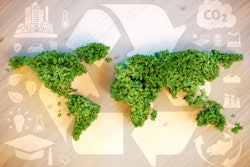


![Pros To Know 2026 [color]](https://img.sdcexec.com/mindful/acbm/workspaces/default/uploads/2025/08/prostoknow-2026-color.mduFvhpgMk.png?ar=16%3A9&auto=format%2Ccompress&bg=fff&fill-color=fff&fit=fill&h=135&q=70&w=240)
